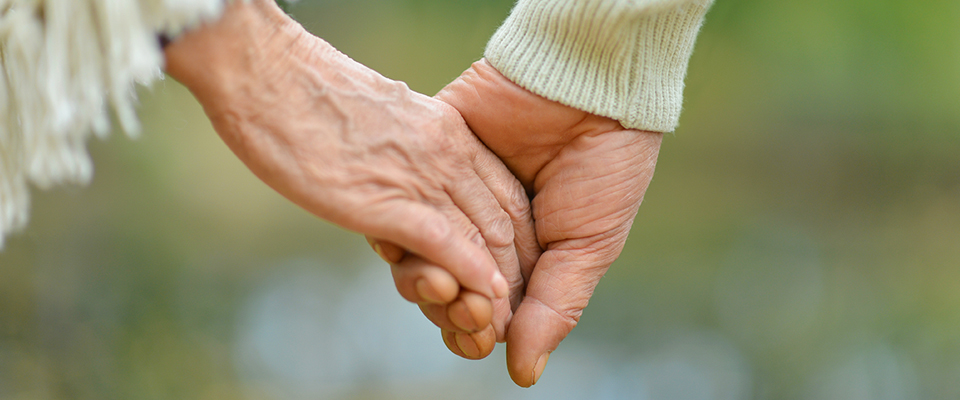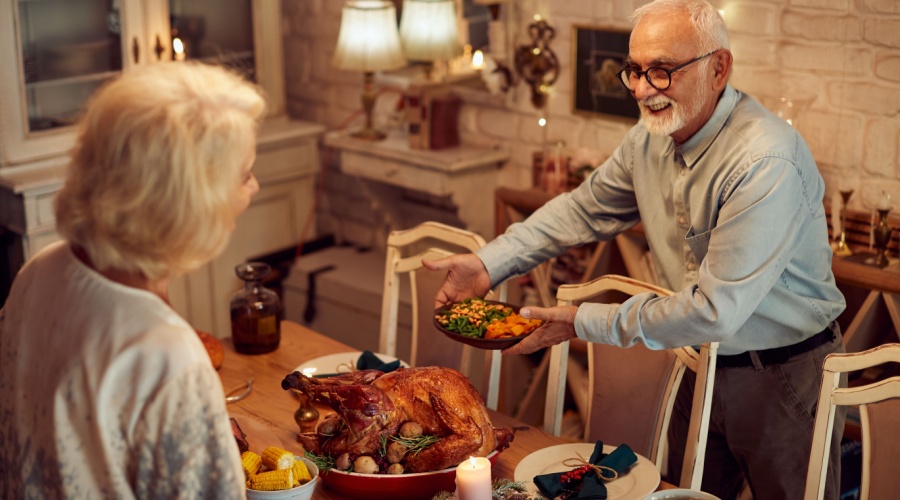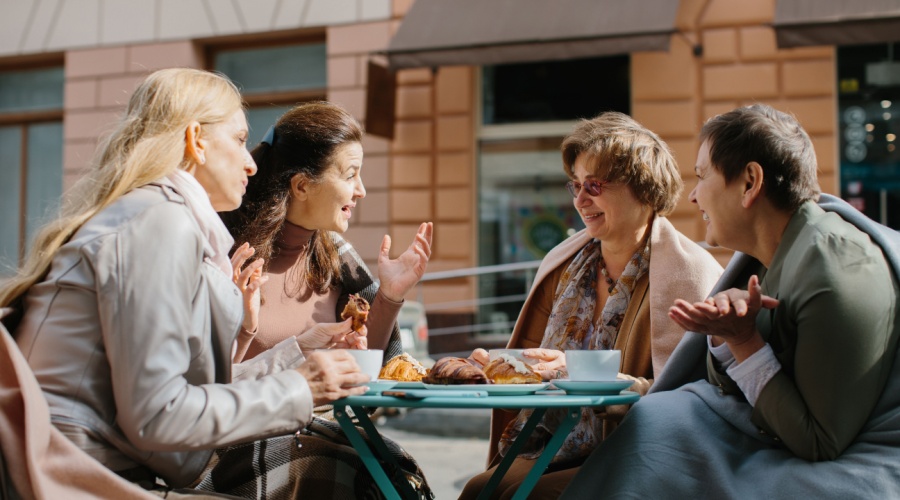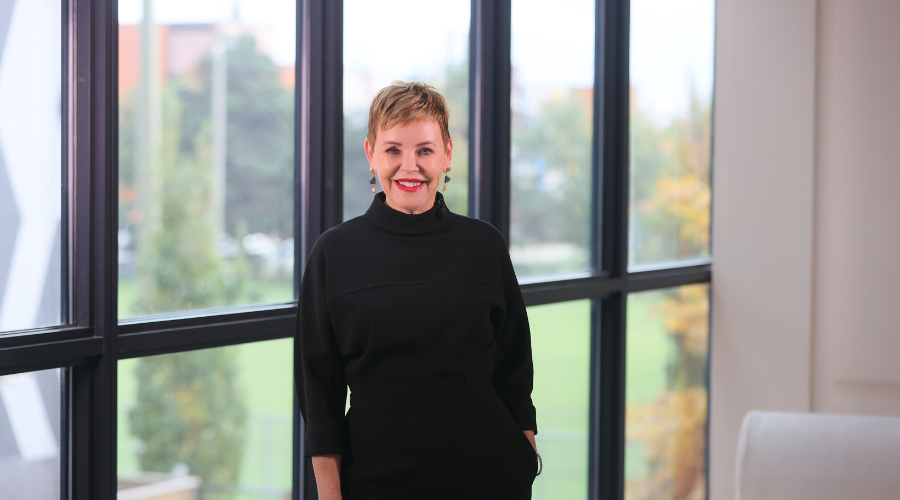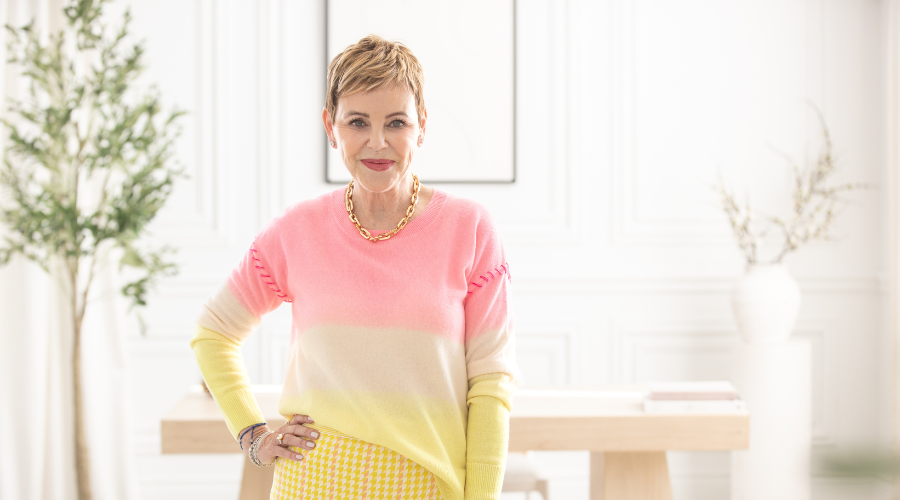By the time you read this narrative, I’ll be married. As I write, only seventy-two hours before the ceremony, I’m as nervous as a young bride, although it doesn’t appear fitting that a sixty-six year old woman could possibly be as jittery as a girl. But I am.
Marriage has never been my first choice, until now, that is. I’ve avoided it assiduously, giving birth to a child out of wedlock, buying homes on my own, traveling solo and always, always keeping my own counsel, not to mention fraternizing with single friends who eschew the universe of married couples.
I don’t feel guilty about staying clear of both the religious and state sanctioning of marriage. It’s not as if either provide the pathways to a good marriage since so many marriages fail, no matter how ardent the bride and groom on the coder big day.
For most of my life, I’ve never actually understood why couples put themselves through the bother, the expense and the vows of undying love and fidelity. When I try to name the blithely married couples I know, there are a few, but somehow I’ve not managed to see how a certificate made them so.
The characteristics of what makes for a harmonious marriage change over time. What I desired in a partner at age twenty-five is radically different from what I appreciate now, as a senior, with an adult child, my full-time working career and my most physically active days behind me.
As suggested by psychologists, I make a list. What makes for a good marriage anyway? When I was a young, my parents insisted on shared religion, shared social status, shared age bracket, shared educational level. Shared everything. All of that turned me off, more than I can say. If I wanted to live with someone exactly like myself, I’m still not certain why I’d bother. What would be left to explore? Just live alone if all you want is a mirror image.
So when I was a young woman, I searched for my polar opposite. A man who took huge risks, who played outside the system, who opposed authority, who moved in louche circles. A partner entirely different from the solidly bourgeois, suburban home into which I was born.
Now, as an older adult, my tastes have changed. Bad boys don’t appeal anymore. I’ve known my share and they never failed to let me down.
My partner and I have been living together for five years. He’s honest, reliable, loyal, funny, smart and good to me in every way he can be. We have our differences, including religion, social and educational background, but we love each other deeply and we want the best for each other, no matter how that impinges on our personal freedom or privacy. We are both up for sharing everything, and that, plain and simple, is what turned my head.
I used to think, until now, that the truth about relationships and marriage could be found in fiction. This magical thinking began when I read Emily Bronte’s Wuthering Heights in high school. Cathy and Heathcliff were the epitome of romantic love and unless I found my very own Heathcliff, I couldn’t imagine being fulfilled.
But that wasn’t the way it went for me. Successive Heathcliffs turned out to be selfish, disturbed, unreliable, brutish or all four. One “significant other,” with me as late as my fifties, would shout at me for hours until he got his way.
**************
The wedding my partner and I have designed is small, and I daresay, quaint. Family and only a few very long-time friends will be by our side. An officiate from the town of Oakville is to marry us. My daughter keeps the rings until the right moment and she and my partner’s brother will witness the signing of the marriage certificate.
The ceremony will take place under the butterfly gazebo in Bronte Park, along Lake Ontario. There will be flowers, and flutes of champagne followed by a communal lunch. Platters stacked high with antipasto and pasta, fish and steak. The icing on the chocolate cake is pink. I couldn’t resist. The first night we’ll stay at a hotel in Niagara before returning to our home.
Right now, I’m not certain what it will feel like on the other side, if the officiate’s words and our vows will make such a difference that I will instantly transform into a married woman. As with most changes, I suspect it will take time to adjust, to refer to my partner as my husband without being acutely conscious of the title. Or to wear the matching golden band, we so carefully chose and had the jeweler inscribe our names inside each other’s rings, without staring at my ring finger.
One thing I know now is that love is a gentler, more caressing emotion than I imagined as a young woman embroiled in the English novels of the nineteenth century. Marriage is more the elaborate structured epics of George Eliot than the lightening flash of romance imagined by the Bronte sisters. To be true, it has fewer hard edges and more rounded corners. It is not black and white, but glowing with the hazy shadows of a windy autumn day in September.
Mature love is this poem by Canadian poet Milton Acorn,
Live with me on Earth among red berries and the bluebirds
And leafy young twigs whispering
Within such little spaces, between such floors of green, such
figures in the clouds
That two of us could fill our lives with delicate wanting.

